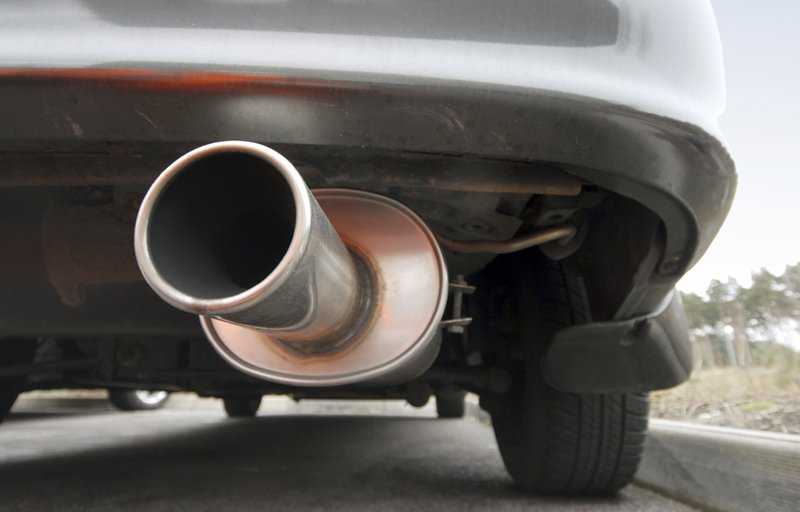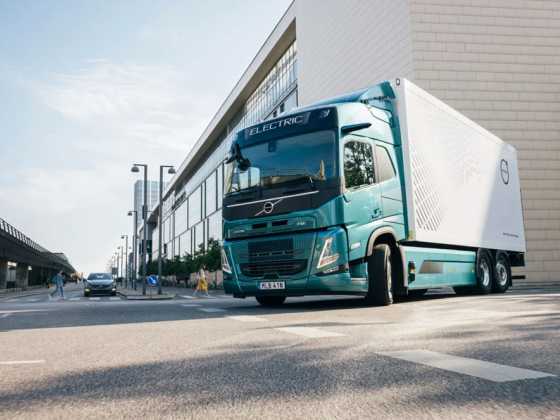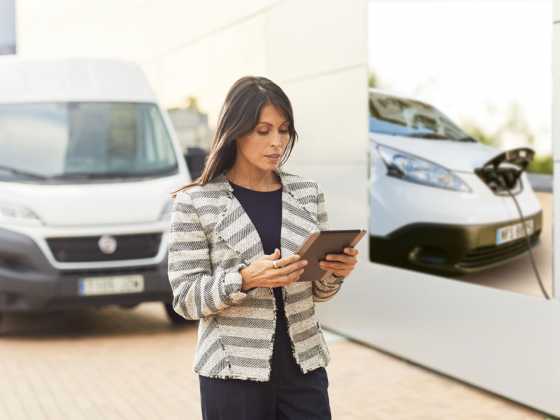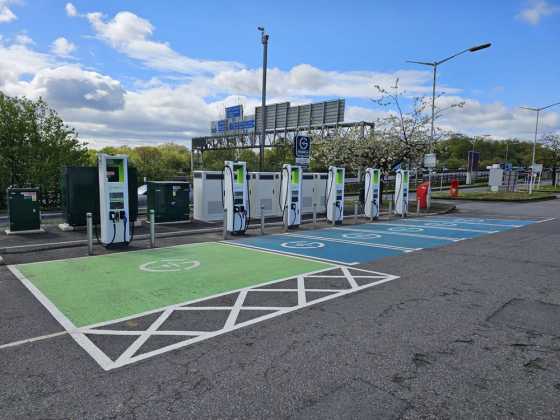2035 ban on petrol and diesel car sales proposed

Boris Johnson has proposed bringing forward the ban of new petrol and diesel sales from 2040 to 2035.
Boris Johnson unveiled the policy as part of a launch event for the United Nations climate summit, which takes place in November.
He said 2020 would be a "defining year of climate action" for the planet.
The summit is being hosted in Glasgow and will assess progress on tackling climate change.
Sir David Attenborough said at the launch event at London's Science Museum that he was looking forward to COP26 and found it "encouraging" that the UK government was launching a "year of climate action".
"The longer we leave it... the worse it is going to get," he said.
"So now is the moment. It is up to us to organise the nations of the world to do something about it."
However, Mike Hawes, SMMT Chief Executive said: “It’s extremely concerning that government has seemingly moved the goalposts for consumers and industry on such a critical issue. Manufacturers are fully invested in a zero emissions future, with some 60 plug-in models now on the market and 34 more coming in 2020. However, with current demand for this still expensive technology still just a fraction of sales, it’s clear that accelerating an already very challenging ambition will take more than industry investment. This is about market transformation, yet we still don’t have clarity on the future of the plug-in car grant - the most significant driver of EV uptake - which ends in just 60 days’ time, while the UK’s charging network is still woefully inadequate.
“If the UK is to lead the global zero emissions agenda, we need a competitive marketplace and a competitive business environment to encourage manufacturers to sell and build here. A date without a plan will merely destroy value today. So we therefore need to hear how government plans to fulfil its ambitions in a sustainable way, one that safeguards industry and jobs, allows people from all income groups and regions to adapt and benefit, and, crucially, does not undermine sales of today’s low emission technologies, including popular hybrids, all of which are essential to deliver air quality and climate change goals now.”



